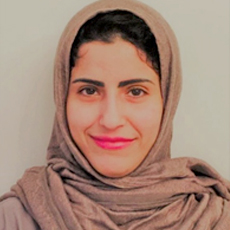
Despite the recent reforms and the improvement of women’s rights in the Kingdom of Saudi Arabia (KSA), as led by Mohammad bin Salman, which include allowing tourist visas to women over the age of 25, granting women the right to drive, and hiring Uber and Careem female drivers; gender inequalities (e.g., pay disparity) remain a serious issue in KSA. Disparity in pay can have notable effects on the economy and welfare of society. Given that Saudi women’s average (or median) hourly pay is significantly lower than that of men, this study is concerned with pay inequalities between men and women (or gender pay gap) in Saudi Arabia, and therefore seeks to identify the extent of pay inequalities and the factors underlying these inequalities (e.g. gender, age, hours worked, job experience, marital status, level of education, and occupation chosen), especially because inequalities in pay are not necessarily evidence of discrimination against Saudi women in the labour market.